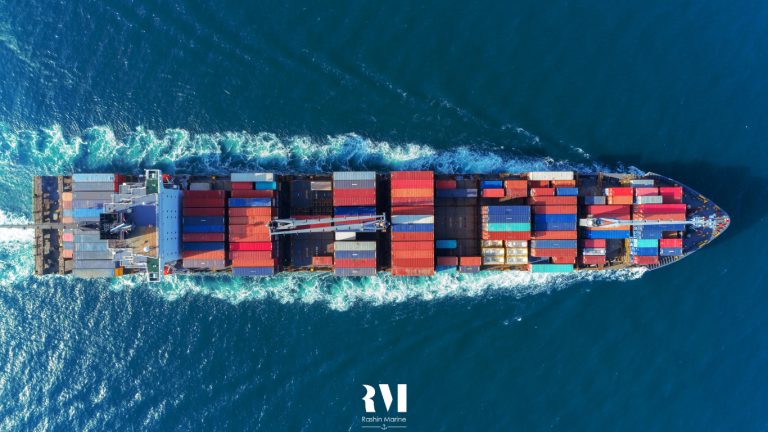
Maritime transport is one of the oldest and most important methods of international transport, playing a crucial role in global trade. This method of transport is not only suitable for transferring bulky and heavy goods, but it is also very economical. This article examines various aspects of maritime transport, including its history, types of ships, transport processes, and related laws and regulations.
Maritime transport has a very long history, from ancient times to the present day, and has always been one of the main ways of transferring goods. From the time of the Phoenicians and Greeks to the present day, ships have played a significant role in international trade. The invention of larger and more advanced ships with new technologies has made it possible to carry more goods over longer distances.
In maritime transport, ships are divided into various types, each designed for a specific type of cargo and transport needs:
The maritime transport process involves several stages, carried out as follows:
Maritime transport is subject to various international laws and regulations aimed at ensuring the safety and efficiency of transport. Some of these laws include:
Maritime transport faces several challenges and opportunities, some of which include:
Challenges:
Opportunities:
Maritime transport, as one of the main methods of international transport, plays a crucial role in facilitating global trade and transferring goods. Despite various challenges, there are many opportunities for the development and improvement of this industry. Adhering to international laws and regulations, using new technologies, and developing infrastructure can help improve efficiency and reduce the costs of maritime transport.

Rashin Marine (LLC), leveraging advanced technical knowledge and international experiences, has focused its activities on specialized maritime, road, and rail transport services. By concentrating on the broad and diverse needs of its customers, this company aims to capture a significant portion of the international transport market in regions such as the Persian Gulf, Asian ports, the southern Mediterranean, Latin America, and Africa through optimized logistical potentials
All material and intellectual property rights are reserved for Rashin Marine, and any unauthorized copying will be subject to legal action.